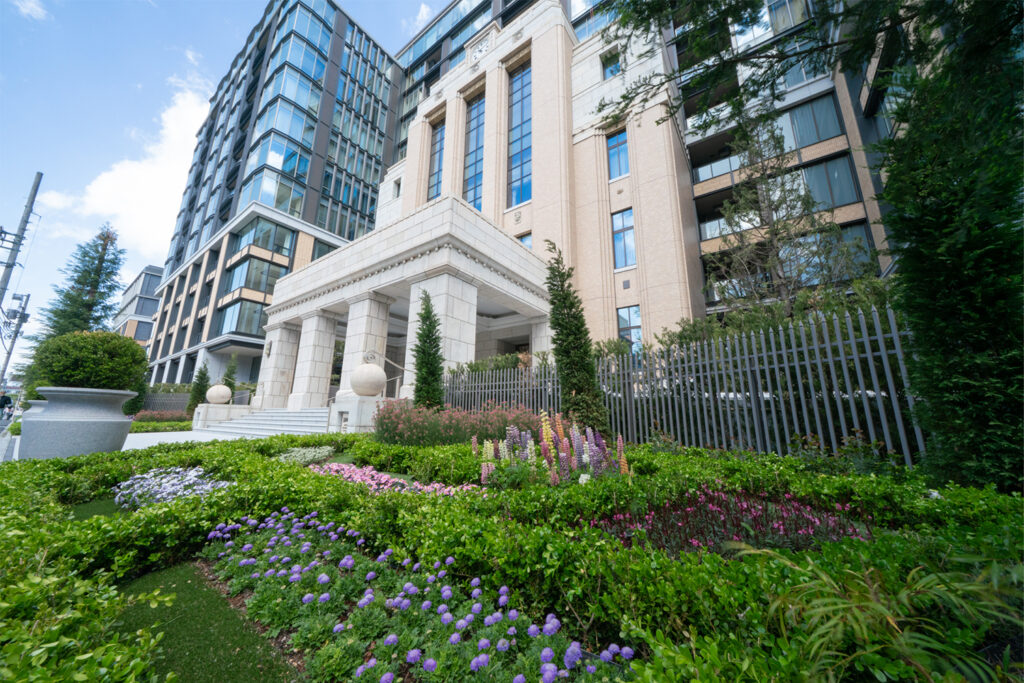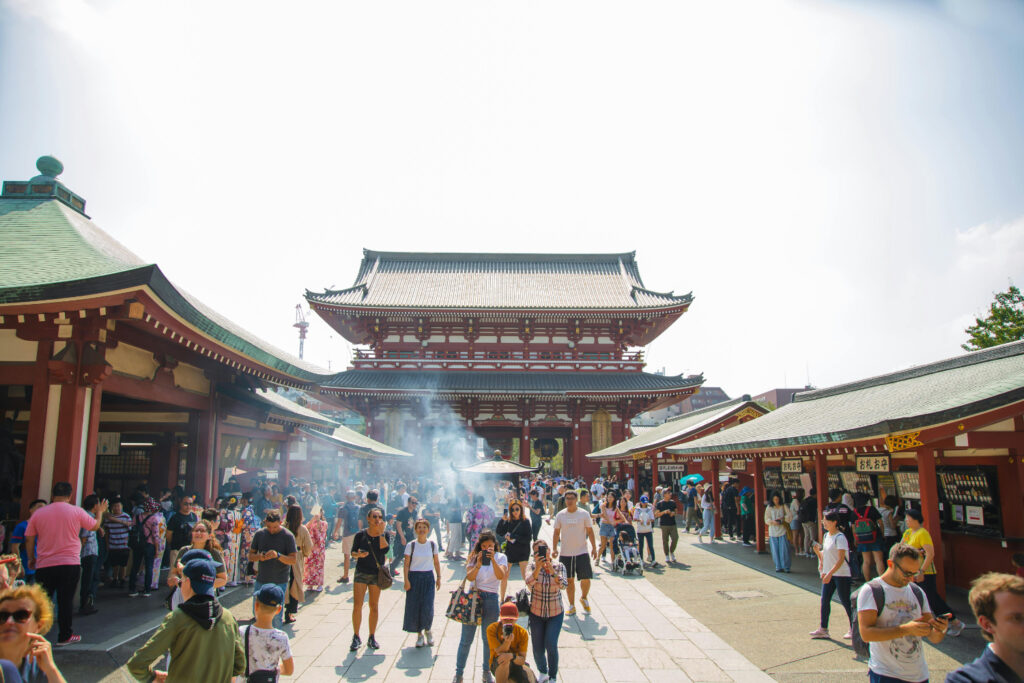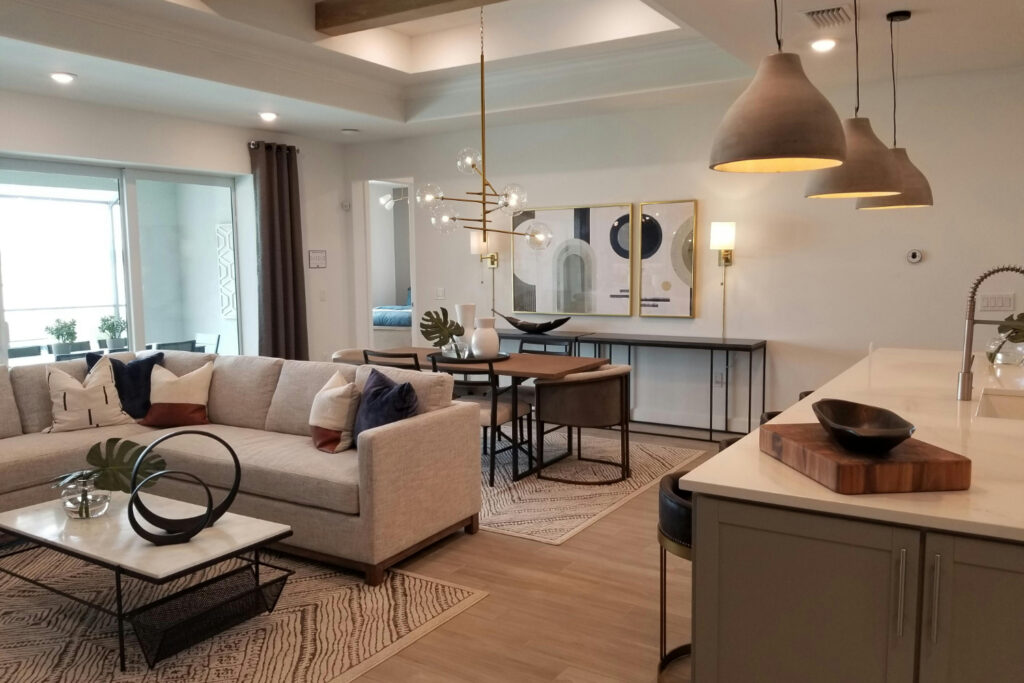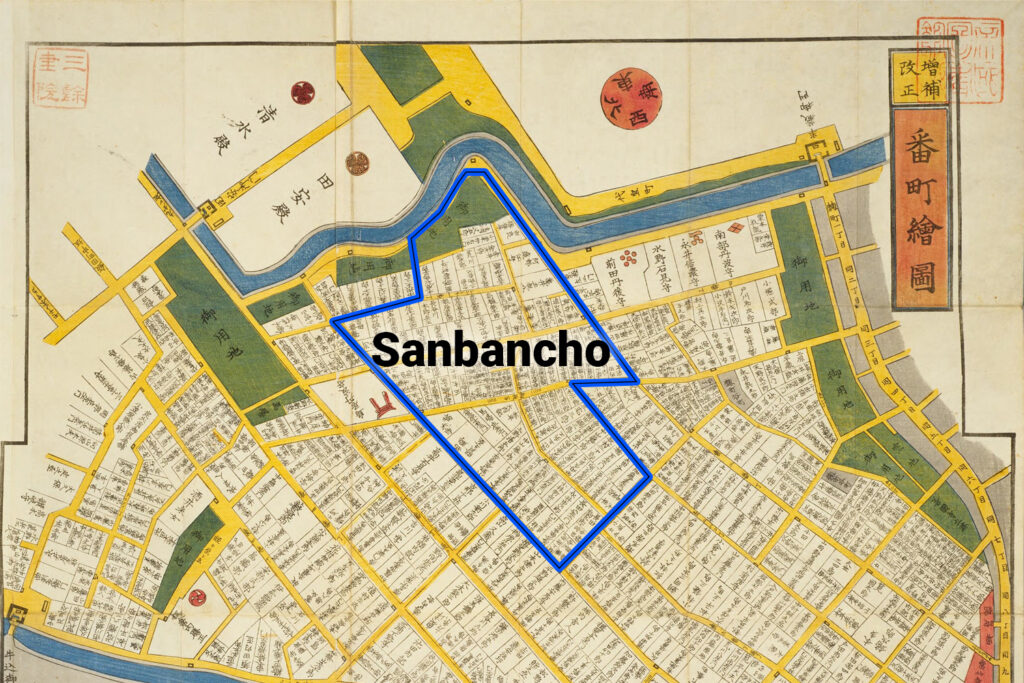AirBnB will restrict listings that do not comply with local regulations starting June 15th, 2018 reported the Nikkei Shimbun on February 8th, 2018.
According to various municipal laws and regulations, AirBnB will delist any property that does not comply with said regulations.
Approximately 5 million travelers per year utilize the daily stay service as an alternative to hotels. While AirBnB won’t reveal the exact numbers of illegal rentals in their system, the Ministry of Health, Labour and Welfare announced in March of 2017 that they believe only 16.5% of listings nationwide were complaint to be used for daily lodging.
AirBnB has so far shielded itself from prosecution for illegally operating as a brokerage firm by being hosted outside of Japan so recent introduction of laws and regulations aim at targeting the operator within the AirBnB platform rather than the company itself.
However, AirBnB itself can run afoul of the Public Employment Act under the new regulations thus triggering a suspension of business reprimand for the company itself.
These new regulations require operators to prove that their listing is compliant by following procedures that include submitting property size and location information. In the case of condominiums, part of the steps needed to comply will include submission to AirBnB a copy of the Home Owner’s Association charter.
Starting mid 2017, many HoA’s began rushing in language into their charters specifically outlawing daily stay use for the units under their authority. Since most of the urban minpaku listings in Japan are condos, it is expected that from June 15th of this year, there will be many listings that delist overnight.
Following the lead AirBnB creates, other daily stay brokerage sites like Expedia, Home Away and China’s Tujia will follow suit to remove illegal listings from their platforms. It is expected that thousands of listings will disappear from these platforms overnight too.
While the Japanese federal government has outlined that in certain residential zones, private residences can rent out for daily stays up to 180 days per year, the outline allows for prefectures and cities within each prefecture to add further regulations as they see fit.
Between April to December in 2017, Kyoto for example has reached 435 cases where they’ve reprimanded illegal daily stay operators.
Operators of daily stay properties will be notified by March 15th, 2018, three months prior to the June 15th enforcement, by AirBnB to advise on steps to make their listings compliant or face shutdown.
The market demand for private residence stays has been well ahead of law enforcement. According to the Tourism Authority, between July and September, 2017, 12.4% of all inbound tourists in Japan used minpaku lodgings.
According to AirBnB, the service in 2016 provided 920 billion yen in income for its hosts within Japan arguing that its service is indispensable for keeping up with the rapidly increasing tourism numbers.
This new change effects mainly operators who daily stay let in condominium complexes however if one operates a whole building or house, then complying with the new regulations is expected to allow uninterrupted operations.
Read also: Furnished operators should focus on whole building purchases












